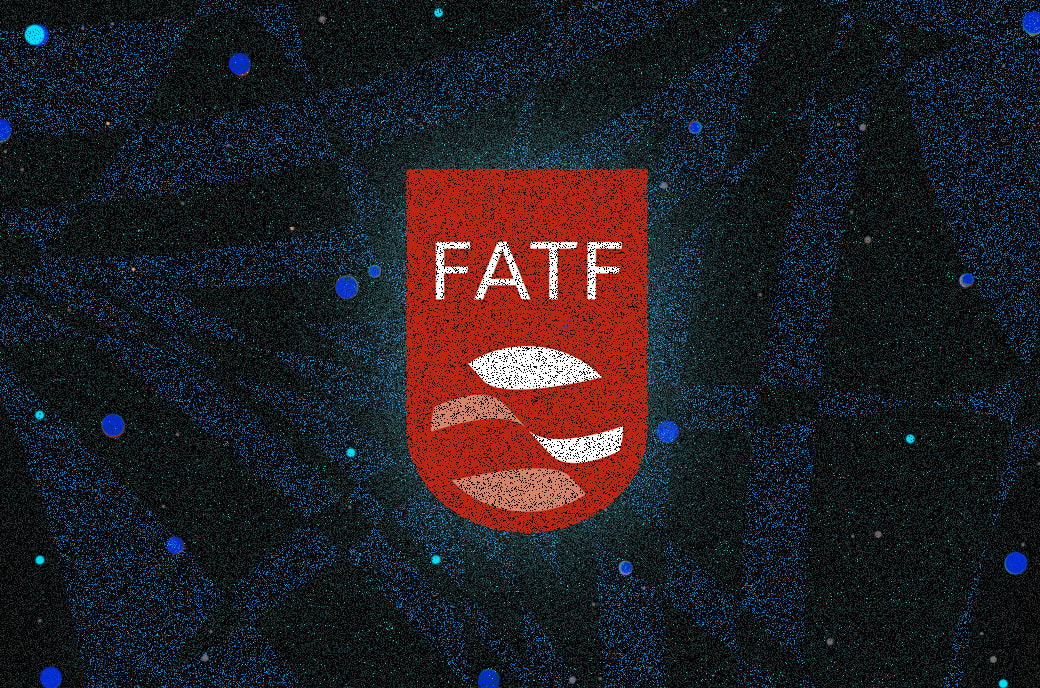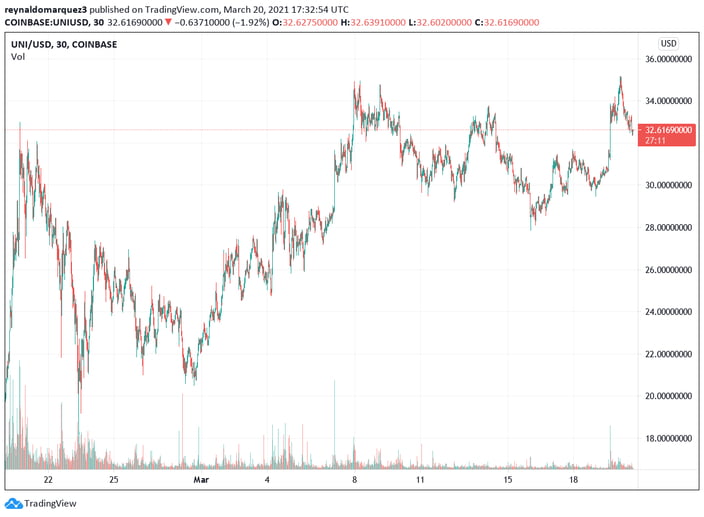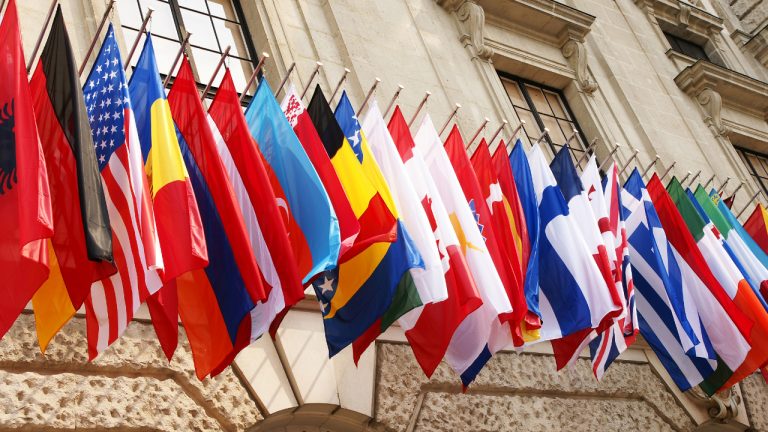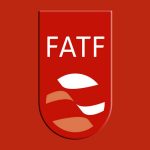2021-3-23 11:10 |
The Coin Center non-profit organization has reviewed the Financial Action Task Force’s (FATF) new draft for cryptocurrency guidance. It pointed out that these revisions could severely hinder privacy and innovation.
The analysis began by going over the FATF document. In brief, it noted that it’s an update to earlier drafts released in prior years. The FATF issued the first guidance in 2015, which had similarities to that of American regulator FinCEN. In 2019, the FATF updated its position and called for “mass warrantless surveillance.”
The guidance, titled “Guidance for a Risk-based Approach to Virtual Assets and Virtual Asset Service Providers (VASPs),” is the sixth such draft.
Issues with New FATF Cryptocurrency Regulation DraftPrimarily, Coin Center pointed out three issues with the new draft.
The first deal with “surveillance obligation for non-custodial entities.” With this particular update, the FATF asks for virtual asset providers to include those multi-sig minority keyholders and various participants in smart contracts and “layer two” mechanisms.
Coin Center argues against this surveillance taking place against private persons operating on open computer networks. It then pointed out that the penalties are extreme and that the data collection would affect personal privacy and constitutional rights.
The other two issues also have to do with privacy. Coin Center classified them as scrutiny against P2P transactions, privacy technology, and Customer Counterparty Identification. The draft calls for limited support for unregistered entities and exchanges to identify payers and payees for services.
Forming Regulations for Virtual AssetsThe FATF is asking for public comments until April 20, and Coin Center will be participating in this process. The guidance comes at a time when many national governments are mulling over how to sensibly regulate cryptocurrencies.
The responses have been varied. Some have been quite draconian, while others are taking a more measured approach. South Korea has banned privacy coins, while India is considering a total ban. The U.S., meanwhile, is focused on reviewing assets that may have violated securities laws, like Ripple.
The practical implementation of these restrictions would be difficult, given the decentralized nature of the asset class. However, that hasn’t stopped governments from stepping in as much as possible.
The post FATF Cryptocurrency Guidance Revisions Raise Privacy Concerns appeared first on BeInCrypto.
origin »Bitcoin price in Telegram @btc_price_every_hour
2015 coin (2015) на Currencies.ru
|
|













